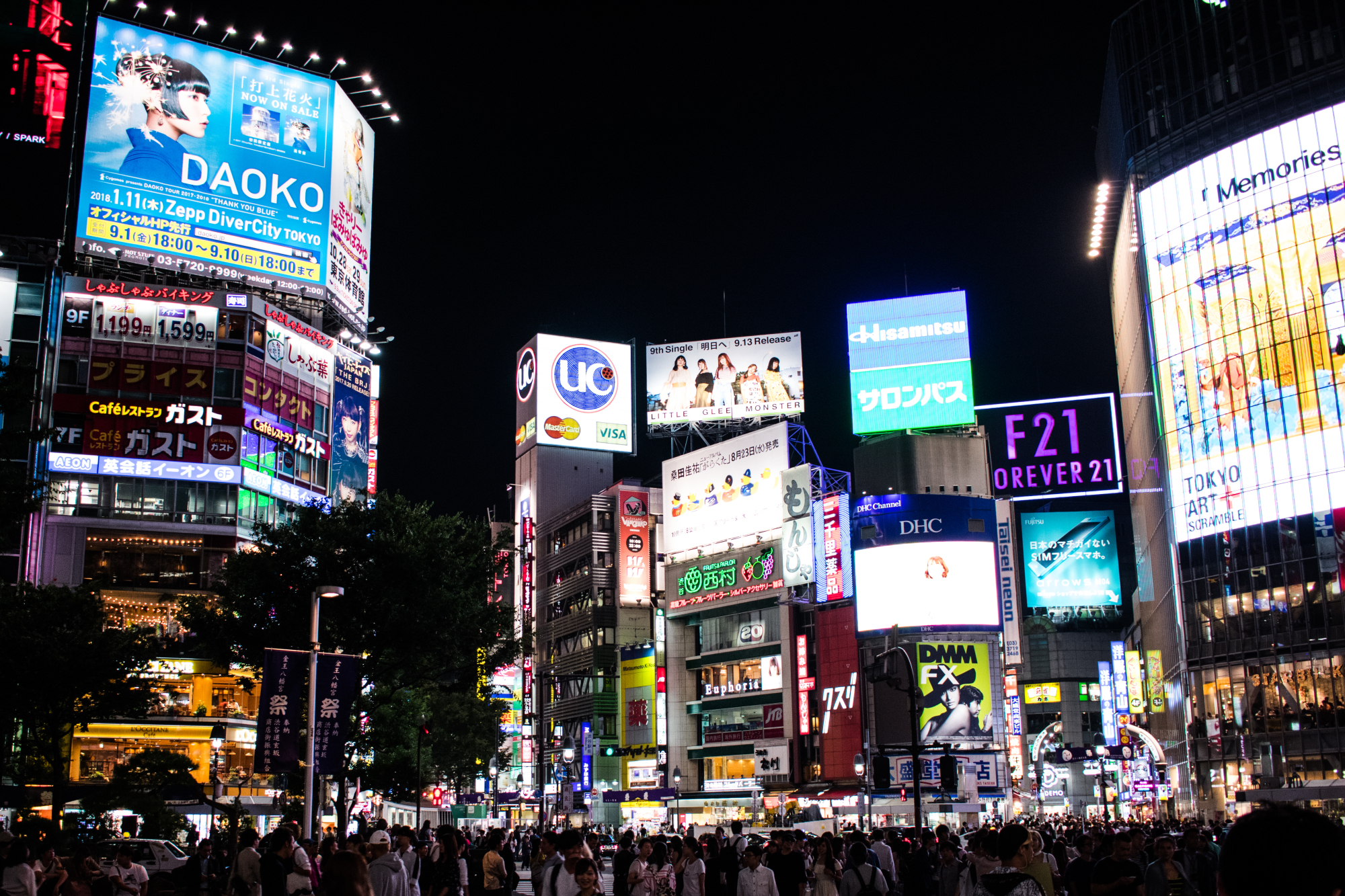Call it the end of an era. Last week, AKB48's 49th single "#Sukinanda" sold over 1 million copies to take the top spot on the Oricon singles chart. Besides being the first song in the No. 1 position to feature a hashtag in its title, it also propelled the idol group over J-pop singer Ayumi Hamasaki to become the highest-selling female act in Japanese music history.
AKB fans rejoiced. Hamasaki supporters went through a Kubler-Ross-esque online cycle touching on anger ("AKB48 isn't real art!"), bargaining ("AKB is a group, Ayumi is just one person") and semi-acceptance ("Hamasaki was still more impressive"). Everyone else initially seemed confused by Oricon's decision to hold solo artists and groups as equals in this ranking, before also making peace with the change.
This swap was inevitable. As has been highlighted frequently since AKB48 first began topping charts in 2009, the group has long inflated sales by releasing multiple versions of the same single, or by including bonus goodies with albums such as tickets to meet-and-greets or ballots for the group's annual election. Hard-core fans scoop up multiple copies to either support the group or to procure items. AKB48's success has been fueled by a passionate set of supporters rather than the general public.



